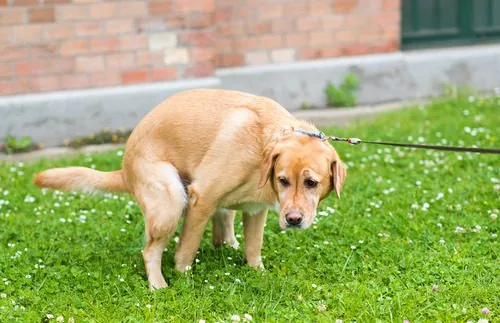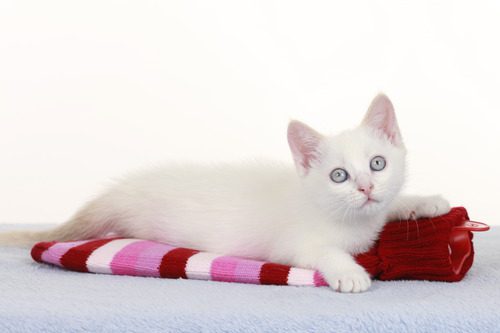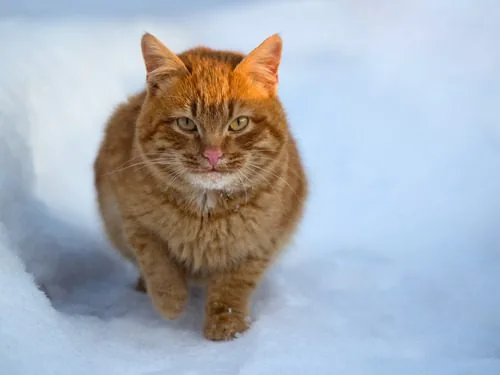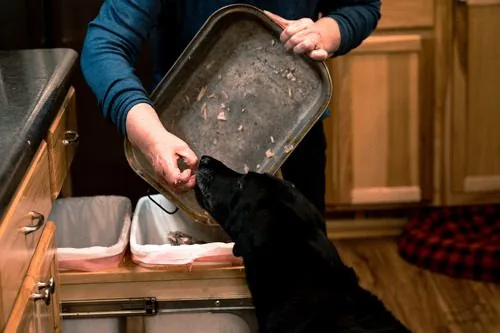There are actually many reasons that your cat might not be eating. Knowing what is causing your cat to refuse food can be complicated without the help of a vet. However, knowing more about the common reasons that a cat might not be eating can help you to know when your cat needs to see a vet and when you don’t need to be that concerned.
Cats cannot go for very long without eating and drinking because this can impact the health of their organs. It should always be considered a sign of concern when your cat has not been eating well. While you might not need to panic about the fact that your cat is not eating, you should start paying attention to other symptoms that could indicate a health condition that could be causing your cat’s lack of appetite.
Your cat could not be eating for a few reasons including tooth pain, GI issues, anxiety, stress, their age or they might not be hungry. Read on to learn more!
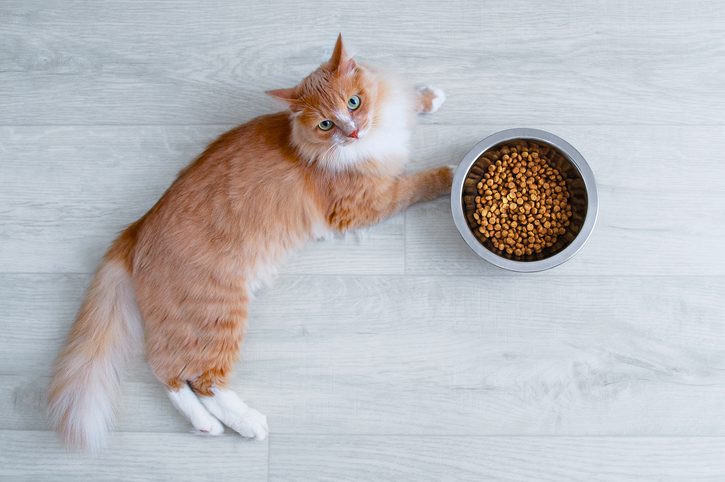
1. Dental or Tooth Pain
If your cat has tooth infections, broken teeth, or loose teeth, it might be too painful for them to eat. Tooth infections can be very serious as they can easily spread to the heart or other parts of the body. Cats with oral tumors and other inflammatory issues might also decide not to eat due to discomfort. It can be hard to examine your cat’s mouth without the help of a veterinarian, so you might want to defer to the experts if you think this is the reason for your cat’s lack of appetite.
Cats with dental issues will need to see the vet, and they might have to have teeth pulled, or they could need oral surgery to remedy issues that are not specifically to do with their teeth. Mouth pain is one of the most common reasons for cats to stop eating, and this is usually the first thing that vets will look at when trying to figure out why your cat has quit eating.
2. Gastrointestinal Issues
There are many kinds of gastrointestinal issues that can lead to your cat choosing not to eat. Parasites, colitis, gastroenteritis, and cancers can all cause your cat to stop eating. Your cat might also have gotten into some kind of poisonous or toxic substance that could be causing them to stop eating. Gastric obstructions can also happen due to eating something that will not pass through the GI tract or even due to large clumps of hair related to grooming.
Upsets to the digestive tract can make your cat feel very depressed as well as limit their interest in food. Most gastric issues will also lead to vomiting and diarrhea in cats. You will probably notice many other symptoms other than just being disinterested in food if your cat has gastric issues of some kind that it is dealing with.
3. Anxiety or Stress
Cats that are afraid or upset might choose not to eat. This might be related to a move, concerns over adding another pet to the house, or even loud noises or stormy weather. This might be a temporary problem, but some cats can be more prone to getting stressed by changes to their environment.
If your cat is prone to be stressed, your vet can give you some medication to help them to feel calmer. Your cat might also benefit from having its food moved to a location where it will feel safer. This might mean relocating the food bowl to a quiet place in the home.
4. Age
Cats that are getting older might not have the same sense of taste and smell that they once did, and this can lead to a lack of appetite. Many elderly cats sleep quite a bit too, which can make them forget about eating. General malaise can be common in old cats, and a lack of appetite can follow this aging process.
There are some things that can be done to encourage old cats to eat better, such as changes to wet cat food that offers more smell when fresh and medications that can help your cat feel more energetic overall. The march of time cannot be stopped, but older cats can be helped to have a better appetite again with some supportive care.
5. They Might be Full
Cats that live both indoors and outdoors often hunt when they are outside. They will also often eat what they have tracked down as they were hunting. This can lead to a lack of appetite when they return home, which should not concern you. If there are no other symptoms of distress present in your cat, you can consider their lack of appetite simply a sign that they have already eaten while they were away from home.
If your cat does not look like they are feeling very well, however, you might want to start paying attention to their appetite and their drinking behavior while they are indoors. This is the best way to catch early signs of other health issues that you might not notice when your cat is outside.
Cats Without Appetite Should be Monitored
When your cat quits eating, it might be a temporary problem related to a change in food, a medication, or short-term stress, but it could also be a sign of something more serious. Make sure that you take your cat’s lack of appetite seriously and pay attention to how long they have gone without eating. While a lack of appetite is not that serious when compared to your cat refusing to drink water, this is still a reason to be worried about your cat’s health.
Healthy cats will always eat, so you should consider your cat’s lack of appetite a potential issue that could require a visit to the vet. Make sure that you also pay attention to your cat’s water intake since a lack of appetite often is paired with a lack of interest in drinking water. Cats that have not been drinking enough water can become very sick, and this is a problem that could complicate your cat’s lack of appetite exponentially.
Do you have questions about your cat’s diet? Use the online form or call (651) 426-2246 to book an appointment for your cat at Birch Lake Animal Hospital!
Recent Posts
About Birch Lake Animal Hospital
The staff at Birch Lake Animal Hospital seeks to provide the best possible medical care for our highly-valued patients and clients.

